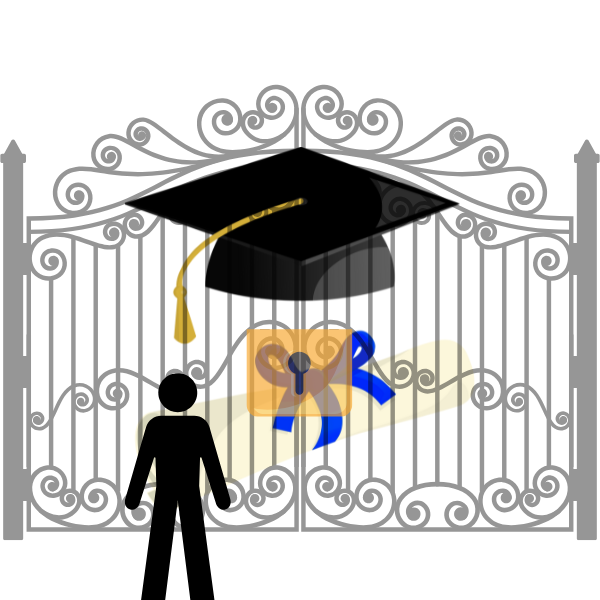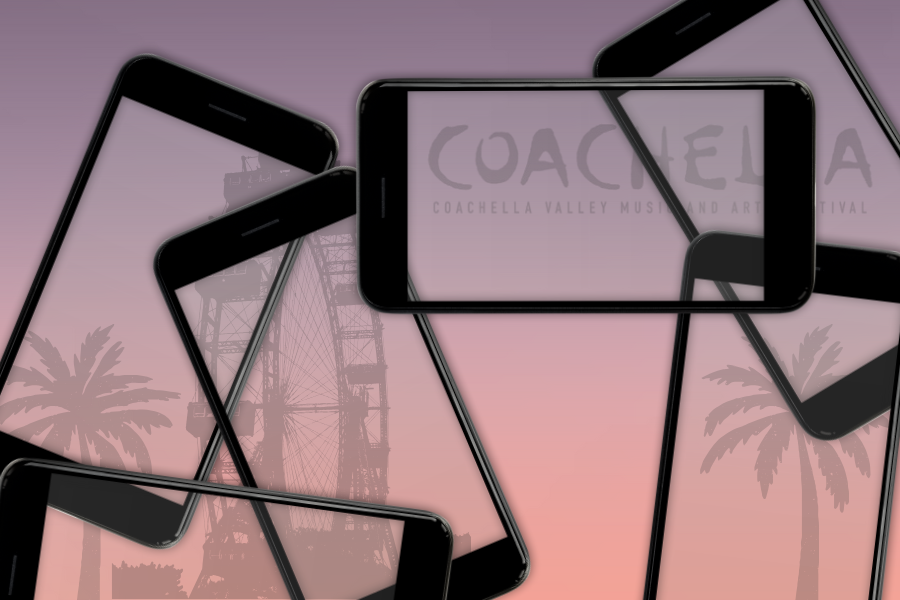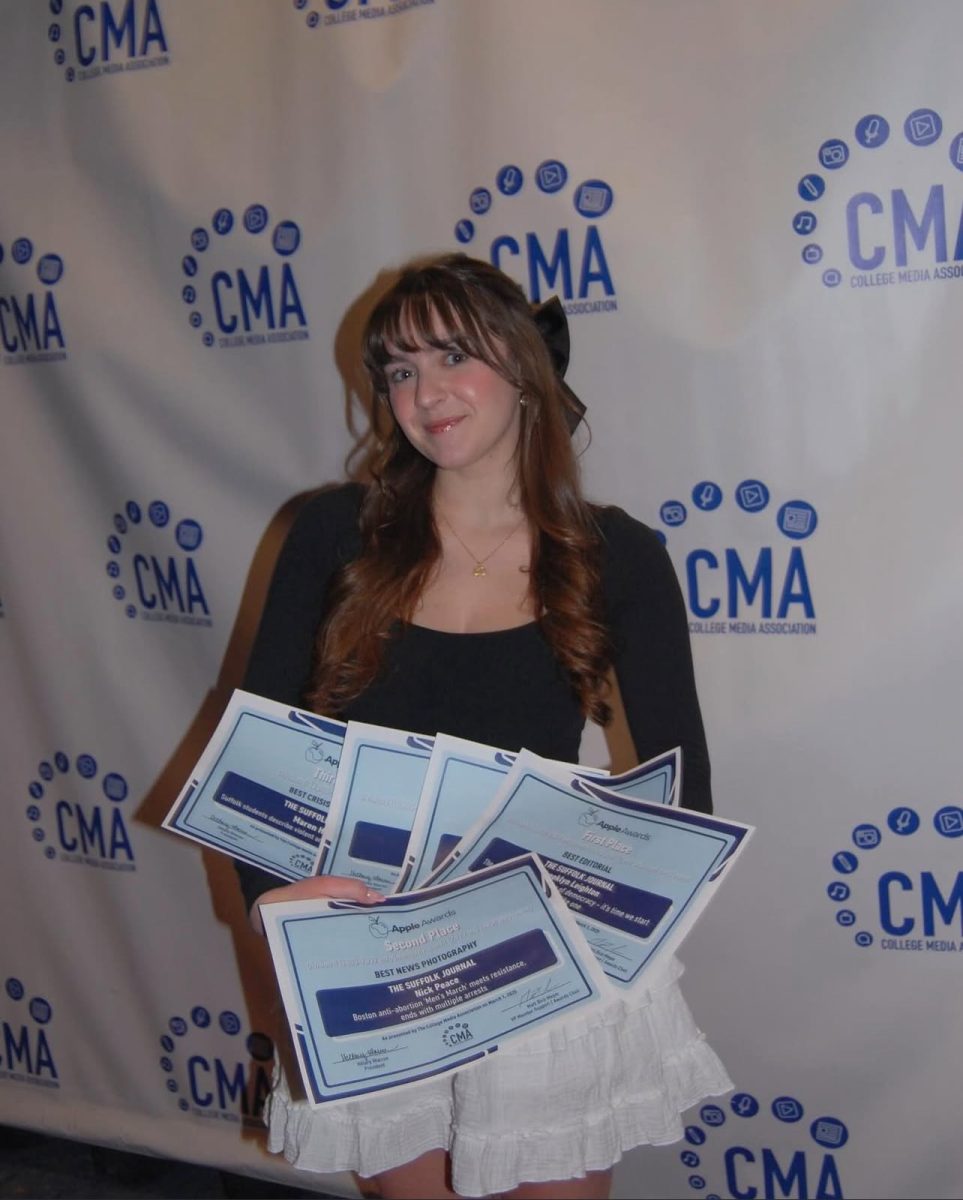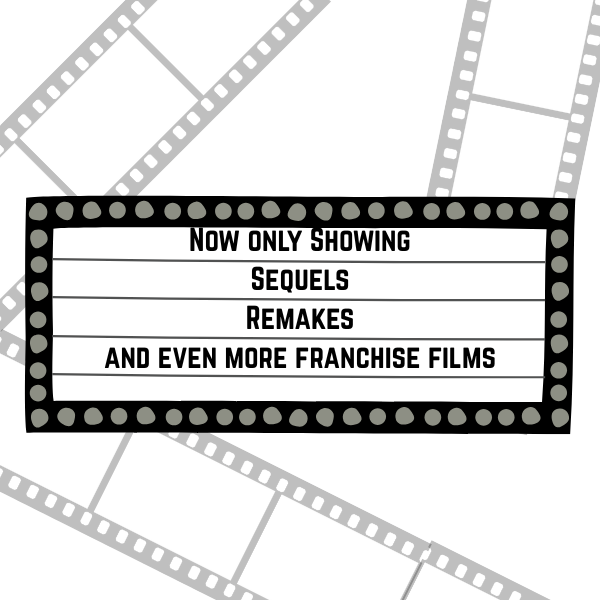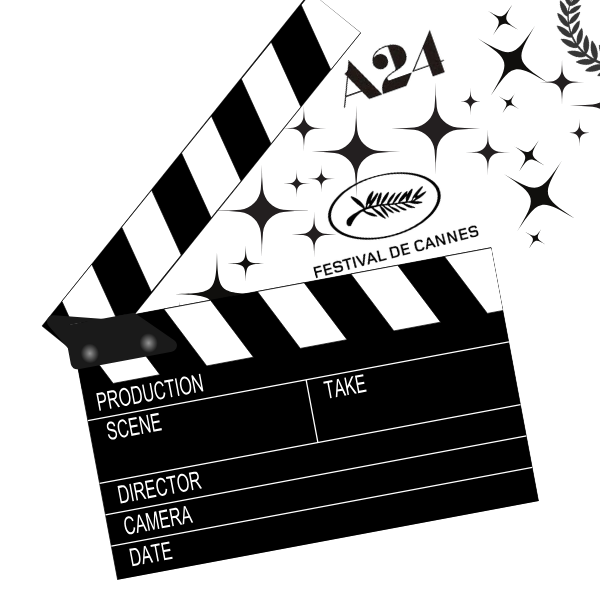By Patricia Negron
Martese Johnson, a third year student at the University of Virginia, was arrested outside of Trinity Irish Pub in the early hours of March 18. After a confrontation with agents of the Virginia Department of Alcohol and Beverage Control, he sustained a head injury that required 10 stitches, according to the Cavalier Daily, UVA’s student newspaper.
It started when Kevin Badke, the owner of the bar who was acting as a bouncer that night, asked for Johnson’s ID. When Badke asked Johnson for his zip code, Johnson answered with his current zip code instead of the old zip code stated on the ID that corresponded to his mother’s previous residence, according to the Cavalier Daily. After Badke said he could not admit him, Johnson walked away without protesting.
This was a misunderstanding that could have been resolved quickly because the ID was valid, but agents from the Virginia Department of Alcohol and Beverage Control stepped in and things got messy, very quickly.
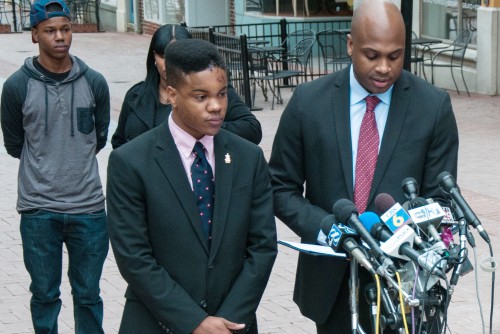
By Flickr user Bob Mical
The arrest began because Johnson supposedly had a fake ID, but that wasn’t one of his charges. According to The Cavalier Daily, he was charged with resisting arrest, obstructing justice without threats of force and profane swearing or intoxication in public.
Considering how ABC agents created a violent situation out of a simple misunderstanding, it would be realistic to believe that many people would resist arrest and start swearing, too.
The Cavalier Daily reported that Johnson is in the Honor Committee and the Black Student Alliance — but whether or not Johnson was on the Honor Committee is irrelevant. The incident shouldn’t have happened. Whether or not he was an honor student, or whether or not his ID was fake, the incident shouldn’t have turned violent so quickly.
The video of the incident depicts three agents holding Johnson down, and elicited a strong response from the local community, which protested on March 19. UVA President Sullivan asked for witnesses to come forward, and state investigations into the incident are already underway. State Senator Creigh Deeds had previously proposed legislation to eliminate the law enforcement powers of the ABC because of other violent incidents, with Johnson’s arrest bringing it to attention once again.
In the nationwide conversation around racism and violence — especially when it comes to police brutality — we are always hesitant to take the victim’s side until good moral character is proven, even when there is video proof.
Witnesses said a police officer killed Mike Brown after Brown put his hands up and mouthed the words “don’t shoot,” after stealing from a local store. Eric Garner was killed with a chokehold as he was being arrested by the New York Police Department. Unarmed teenager Trayvon Martin was killed by George Zimmerman, a neighborhood watch coordinator, but not a police officer, in a supposed act of vigilantism, and he was not found guilty of a crime.
Despite the fact that those are horrible cases, in all of them we, as a society, held these black males to a higher moral standard, asking them for more proof of their innocence so that these injustices can be deemed worthy of our indignation.
This double standard can be proven by studying the differences in how law enforcement and the media dealt with white students rioting in Keene, during an annual Pumpkin Fest in October, versus the protesters who rioted in Ferguson, Missouri, after the officer who killed Mike Brown was not indicted. The Ferguson protests were about civil rights and about reigniting the conversation around racism and police abuse. They were about not permitting the murder of another African-American male to be ignored and forgotten by a government who has already let so many deaths be forgotten.
The “Black Lives Matter” movement had a lot of support, but so did the “All Lives Matter” movement — which begs the question: why any conversation about racism is followed by a “what about reverse racism” response?
We need to stop tiptoeing around racism and pretending that “we don’t see color, we just see people,” because neither is accurate. Our cultures and differences need to be celebrated because we are all equal, but we are not all the same, and that is a beautiful thing.


